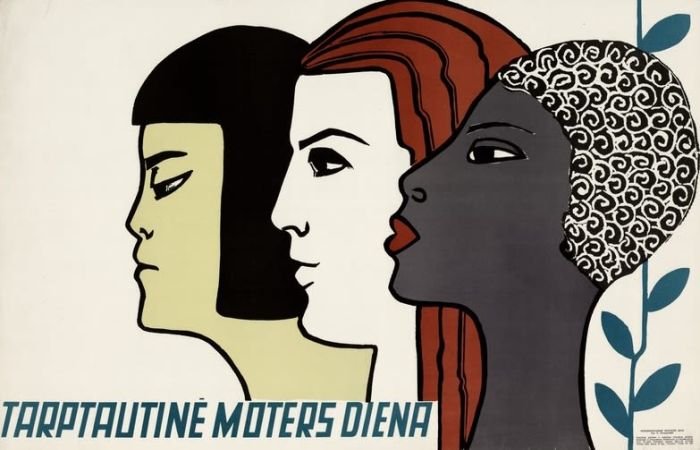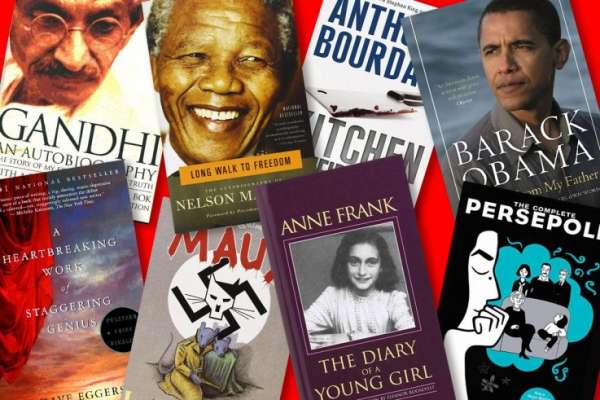
women in history
Throughout history, women have played vital roles in shaping societies, advancing rights, and making groundbreaking contributions across various fields. Yet, their stories have often been overlooked or underrepresented. In this blog post, we will celebrate some remarkable women whose legacies continue to inspire and empower future generations.
Cleopatra VII (69-30 BC):
Cleopatra, the last active ruler of the Ptolemaic Kingdom of Egypt, is often remembered for her intelligence, political acumen, and relationships with powerful Roman leaders like Julius Caesar and Mark Antony. She spoke multiple languages and was well-educated, using her knowledge to navigate the complexities of political alliances. Cleopatra’s reign marked a significant period in ancient history, showcasing the influence of women in leadership roles.
Marie Curie (1867-1934):
A pioneer in the field of radioactivity, Marie Curie was the first woman to win a Nobel Prize and remains the only person to win Nobel Prizes in two different scientific fields: Physics (1903) and Chemistry (1911). Her groundbreaking research laid the foundation for advances in medical treatments and nuclear physics. Curie’s determination and brilliance broke barriers for women in science, inspiring countless female scientists to follow in her footsteps.
Rosa Parks (1913-2005):
Often referred to as the "mother of the civil rights movement," Rosa Parks made history in 1955 when she refused to give up her bus seat to a white man in Montgomery, Alabama. Her act of defiance sparked the Montgomery Bus Boycott, a pivotal event in the struggle for civil rights in the United States. Parks’ courage and commitment to justice helped galvanize a movement that sought equality and an end to racial segregation.
Malala Yousafzai (1997-Present):
A contemporary figure, Malala Yousafzai has become a global advocate for girls' education. After surviving an assassination attempt by the Taliban in 2012 for speaking out about the importance of education, she has continued to fight for the rights of girls around the world. In 2014, she became the youngest-ever Nobel Prize laureate at the age of 17. Malala’s story is a powerful reminder of the impact one voice can have in the fight for equality.
Frida Kahlo (1907-1954):
Frida Kahlo was a Mexican painter known for her unique style and deeply personal self-portraits. Her art explores themes of identity, postcolonialism, gender, and race in Mexican society. Kahlo’s life, marked by physical suffering and emotional turmoil, reflects her resilience and defiance against societal norms. Today, she is celebrated as a feminist icon and a symbol of strength and creativity.
Ada Lovelace (1815-1852):
Often regarded as the first computer programmer, Ada Lovelace worked with Charles Babbage on his early mechanical general-purpose computer, the Analytical Engine. Her notes on the machine included what is recognized as the first algorithm intended for implementation on a computer. Lovelace’s visionary ideas about computing and its potential paved the way for future generations of women in technology and computer science.
These women, among many others, have made indelible marks on history through their courage, intelligence, and relentless pursuit of justice and equality. As we reflect on their contributions, it is essential to recognize the ongoing challenges women face and the importance of continuing the fight for gender equality. By celebrating the achievements of women in history, we can inspire future generations to break barriers and create a more equitable world for all.
Comment
Ema Zemirli
This is a nice honor to great women in history. You showed how strong and smart they were and how they changed the world. It’s important to remember them and keep working for equal rights. Good job!
Rania Oukil
I really like it, it's an amazing blog, thanks .















